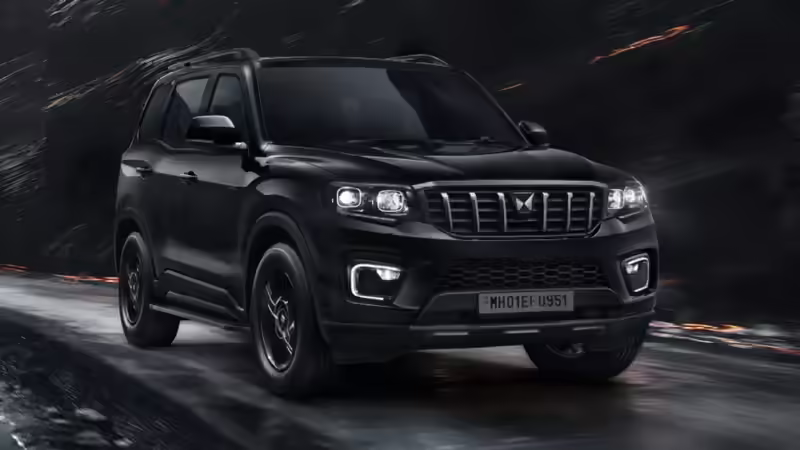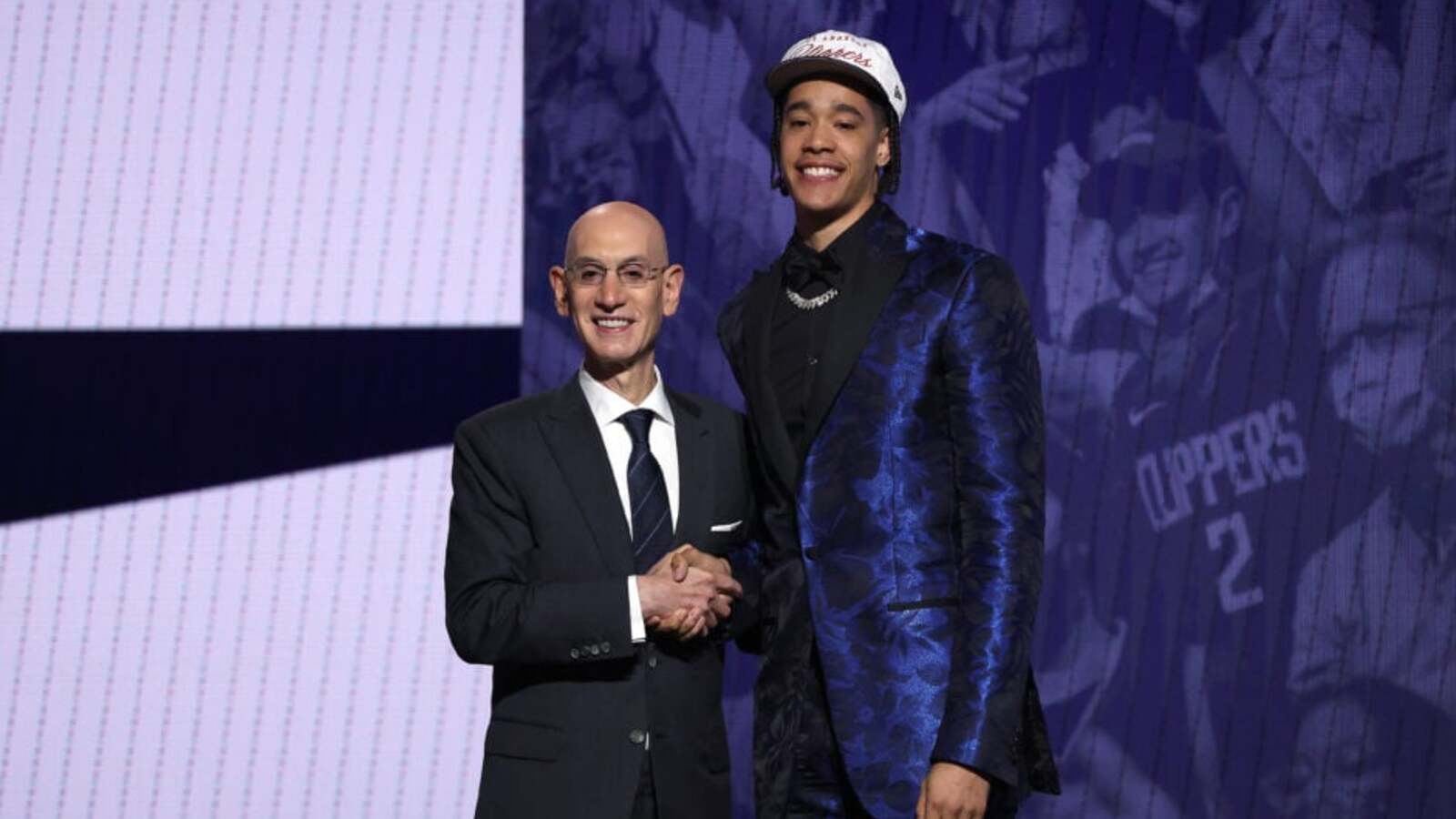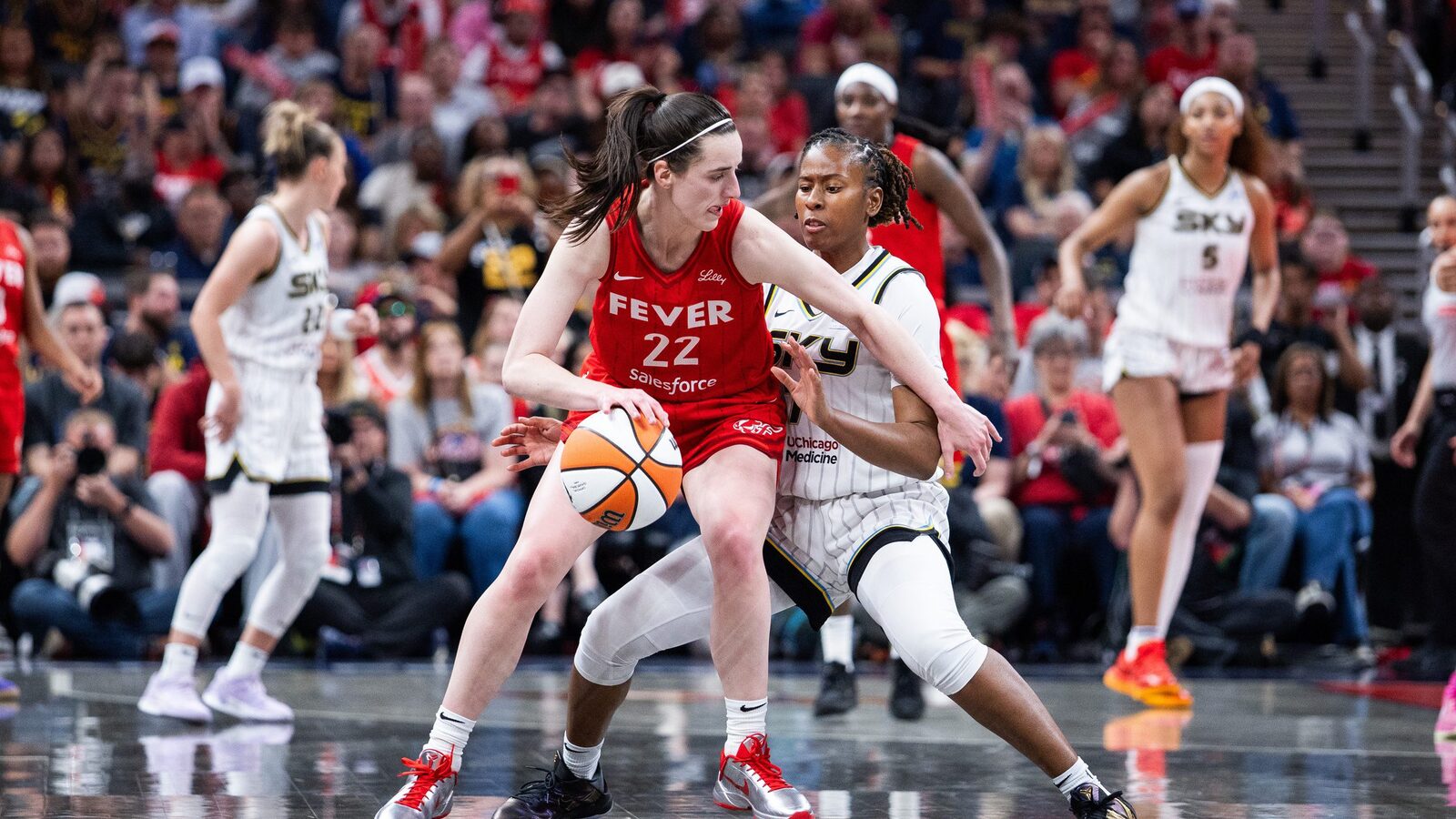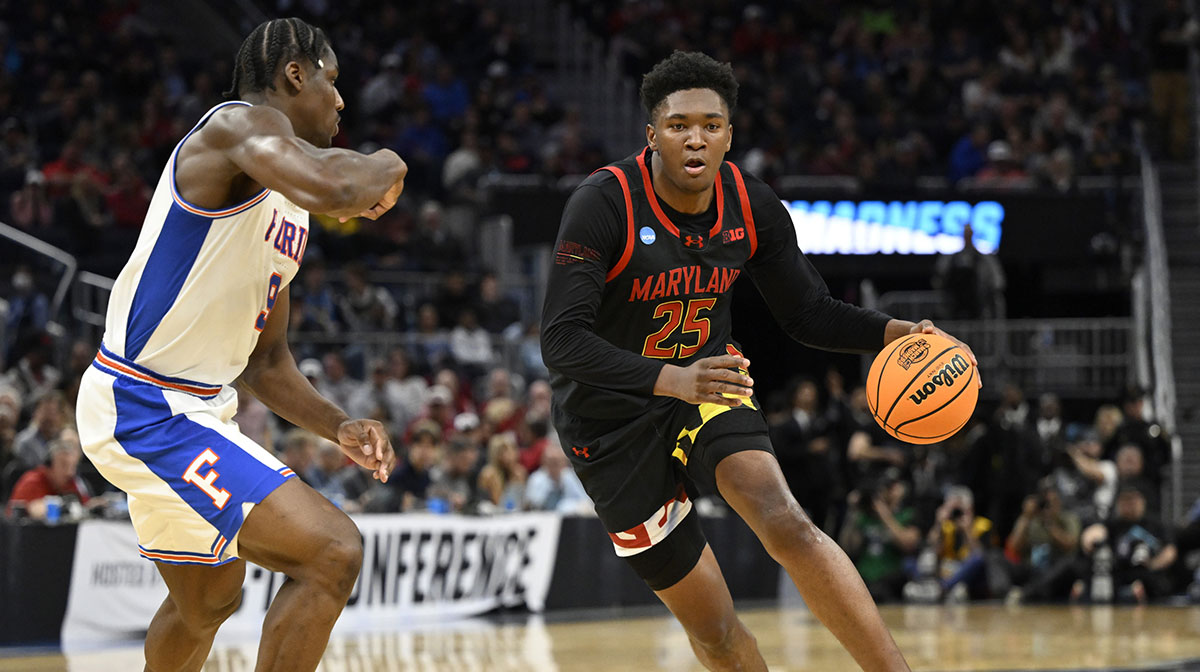Mahindra opposes Maruti's push for CAFE norm relief on small cars
Maruti Suzuki, India’s largest passenger car manufacturer, is reportedly seeking a concession under the next phase of the CAFE framework, arguing that its small cars—typically under 1,000 kg—emit less carbon dioxide (CO₂) compared to larger vehicles.

Homegrown SUV major Mahindra & Mahindra has opposed any exemption or relief being granted to Maruti Suzuki for its small car segment under the upcoming stage of the Corporate Average Fuel Efficiency (CAFE) norms, according to a report by Business Standard.
Maruti Suzuki, India’s largest passenger car manufacturer, is reportedly seeking a concession under the next phase of the CAFE framework, arguing that its small cars—typically under 1,000 kg—emit less carbon dioxide (CO₂) compared to larger vehicles. However, Mahindra has countered this claim in a letter dated July 9 to the Ministry of Road Transport and Highways (MoRTH), urging the government not to dilute emission standards.
According to Mahindra, small cars made up nearly 60 per cent of the domestic passenger vehicle market in FY25 but accounted for 53 per cent of the industry’s CO₂ emissions. The company cited GST classifications to define small cars as those under 4 metres in length and with engine capacities up to 1,200 cc (petrol) or 1,500 cc (diesel).
“Granting concessions would not only perpetuate this level of emission but also lock it in for the future by removing CAFE penalty avoidance incentive for innovation in this segment towards fuel efficiency and lower emissions,” Mahindra reportedly stated.
The letter further warned that easing CAFE rules for small cars would undermine India’s goal of achieving 30 per cent electric vehicle (EV) penetration by 2030. “Globally, OEMs meet CAFE targets by intentionally deploying EVs across their vehicle portfolios, regardless of size. Limiting such innovation to larger vehicles will stall progress,” the company added.
Currently in its second phase, the CAFE norms are designed to reduce vehicular CO₂ emissions by mandating average fuel efficiency targets for automakers. The third phase is set to take effect from April 2027 and will apply to all passenger vehicles under 3,500 kg gross vehicle weight, covering those powered by petrol, diesel, LPG, CNG, hybrids and electric powertrains.
Mahindra, whose portfolio includes ICE models like the Bolero, Thar, Scorpio-N, and XUV700, and EVs such as the XUV400 and upcoming BE and XEV models, is not alone in opposing Maruti’s appeal. Tata Motors, Toyota Kirloskar Motor, and JSW MG Motor India have also raised objections to the proposed relaxation.

Recommended Articles
Hungary - Zalakeramia-ZTE-KK-tabs-rookie-Brandon-Johnson

European basketball, Europe basketball news, Europe basketball Stats, basketball in Europe, basketball standings, Europ...
LA Clippers may already regret 2025 NBA Draft selection as rookie struggles again in Summer League, 'not looked good'

The Summer League is often the first time NBA fans get to see the teams’ latest draft picks on the basketball court. Bef...
'Embrace It': Caitlin Clark As The WNBA's 'Cash Cow' Should Be Welcomed, Says Nancy Lieberman

Caitlin Clark should be embraced as the “Cash cow” of the WNBA, and the league’s players and officials should start embr...
Cavaliers make major move regarding president Koby Altman

Cavaliers president of basketball operations Koby Altman has signed a contract extension that will run through the 2029-...
New Orleans Pelicans' biggest mistake in 2025 NBA free agency

The Pelicans made several bold moves this offseason, but one questionable mistake in the 2025 free agency could haunt th...
Koby Altman Cavaliers Sign Extension Through 2029 30 - RealGM Wiretap

Koby Altman Cavaliers Sign Extension Through 2029 30 - RealGM Wiretap
You may also like...
Diddy's Legal Troubles & Racketeering Trial

Music mogul Sean 'Diddy' Combs was acquitted of sex trafficking and racketeering charges but convicted on transportation...
Thomas Partey Faces Rape & Sexual Assault Charges

Former Arsenal midfielder Thomas Partey has been formally charged with multiple counts of rape and sexual assault by UK ...
Nigeria Universities Changes Admission Policies

JAMB has clarified its admission policies, rectifying a student's status, reiterating the necessity of its Central Admis...
Ghana's Economic Reforms & Gold Sector Initiatives

Ghana is undertaking a comprehensive economic overhaul with President John Dramani Mahama's 24-Hour Economy and Accelera...
WAFCON 2024 African Women's Football Tournament

The 2024 Women's Africa Cup of Nations opened with thrilling matches, seeing Nigeria's Super Falcons secure a dominant 3...
Emergence & Dynamics of Nigeria's ADC Coalition

A new opposition coalition, led by the African Democratic Congress (ADC), is emerging to challenge President Bola Ahmed ...
Demise of Olubadan of Ibadanland
Oba Owolabi Olakulehin, the 43rd Olubadan of Ibadanland, has died at 90, concluding a life of distinguished service in t...
Death of Nigerian Goalkeeping Legend Peter Rufai

Nigerian football mourns the death of legendary Super Eagles goalkeeper Peter Rufai, who passed away at 61. Known as 'Do...